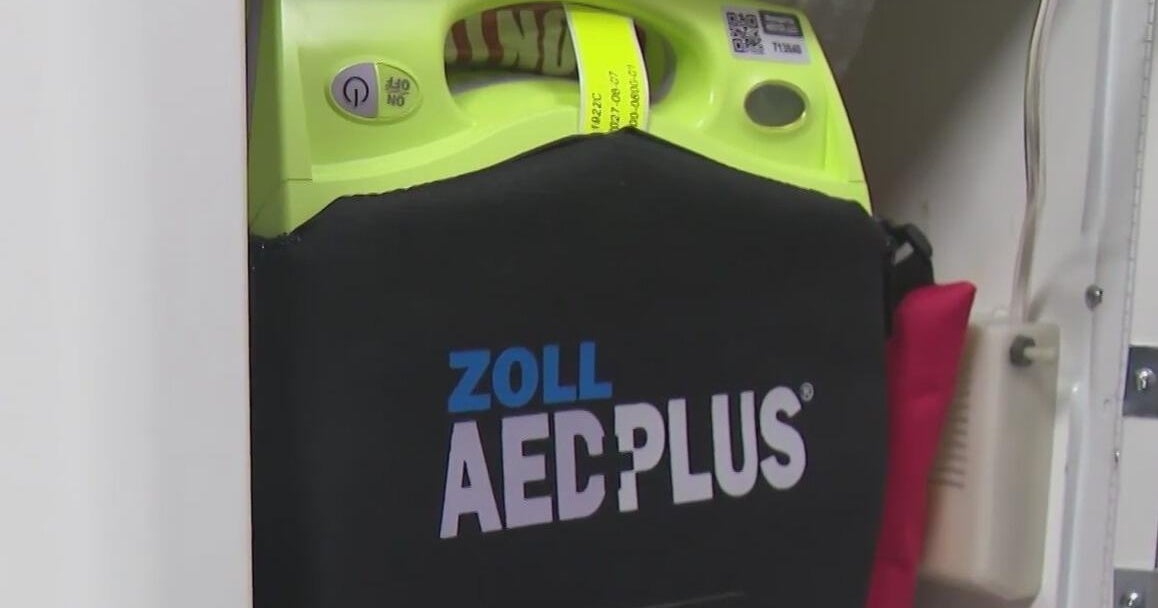2 Investigators: Eating Disorders And Insurance
CHICAGO (CBS 2) - Eating disorders are an epidemic, with about 11 million people in this country suffering from one. So why are insurance companies increasingly delaying, denying or minimizing coverage for this potentially fatal disease?
CBS 2 Investigator Dave Savini takes a look at how Illinois cases are frequently handled.
Melanie Korer suffers from an eating disorder so severe, at times she would eat only 200 calories a day.
"I got to 85 pounds," said Korer who restricted her dietary fats and began having organ damage. "So my liver got a little messed up."
Korer also battles an addiction to excessive exercising and has even taken laxatives as part of her illness.
She admits outpatient treatment did not provide enough care, so she went to a residential program. However, after four days into treatment at the facility Korer said her insurance company, Blue Cross Blue Shield cut off her in-patient coverage. That, according to Korer, happened even though she had a pre-approval.
"What happened is they authorized me, and a few days later, they denied that they authorized me," said Korer.
Her mother, Julie Korer, worries about what could happen if this residential treatment program is not covered.
"She's going to die," said Julie Korer, who says her daughter's appeal denial letter had wrong information about her condition and who ever wrote it even spelled "anorexia" wrong.
Attorney Lisa Kantor, who primarily handles eating disorder cases, said the problem with insurance companies denying eating disorder claims is a big issue.
"Insurance companies do not understand eating disorders," said Kantor. "It's virtually every insurance company that offers mental health insurance."
Kantor said Blue Cross Blue Shield in Illinois, has been especially troubling since the company changed its claims process last month. An outside vendor used to handle claims but they are now being handled by Blue Cross Blue Shield employees.
"There's an incredible backlog," Kantor reveals. "There's a lot of confusion. Providers aren't getting paid and patients aren't going to get treatment."
At Insight, a Chicago treatment center, co-founder Susan McClanahan said more than 100 patients could soon face treatment denials or higher out-of-pocket expenses related to Blue Cross Blue Shield coverage.
"As of January 1st, they [Blue Cross Blue Shield] just refused to authorize our visits," said McClanahan. She said they were blindsided last month when after seven years of billing Blue Cross Blue Shield for treatment, the company suddenly threatened to cut them off.
McClanahan, and other experts, admit insurance companies are increasingly issuing denials or reducing coverage because of concerns about increasing mental health costs linked to health care reform.
"I have never seen it this bad," said McClanahan.
"All I want to do is be able to do is live a normal happy healthy life," said Melanie Korer. "And the insurance company is taking that away from me."
In Minnesota, the death of a young woman led the state attorney general to file a lawsuit against the local Blue Cross Blue Shield for delaying, denying and withholding access to care. Now every denial goes before an independent three-judge panel for review. That does not happen in Illinois.
Blue Cross Blue Shield declined an interview. A spokesman stated they could not comment because of privacy reasons.
Statement from Michael T. McRaith, Director of the Illinois Dept of Insurance:
In Illinois, health insurers often treat patients with eating disorders unfairly or in a way that does not promote the health or well being of the patient.
For this reason and others, the Department of Insurance has initiated legislation that, if passed, will require fairer and better treatment for the patient and families who struggle with eating disorders or other mental health challenges.
The Department's proposed legislation is premised upon the federal mental health parity law passed in September 2008, which requires equal treatment by insurers of mental and physical health issues.







